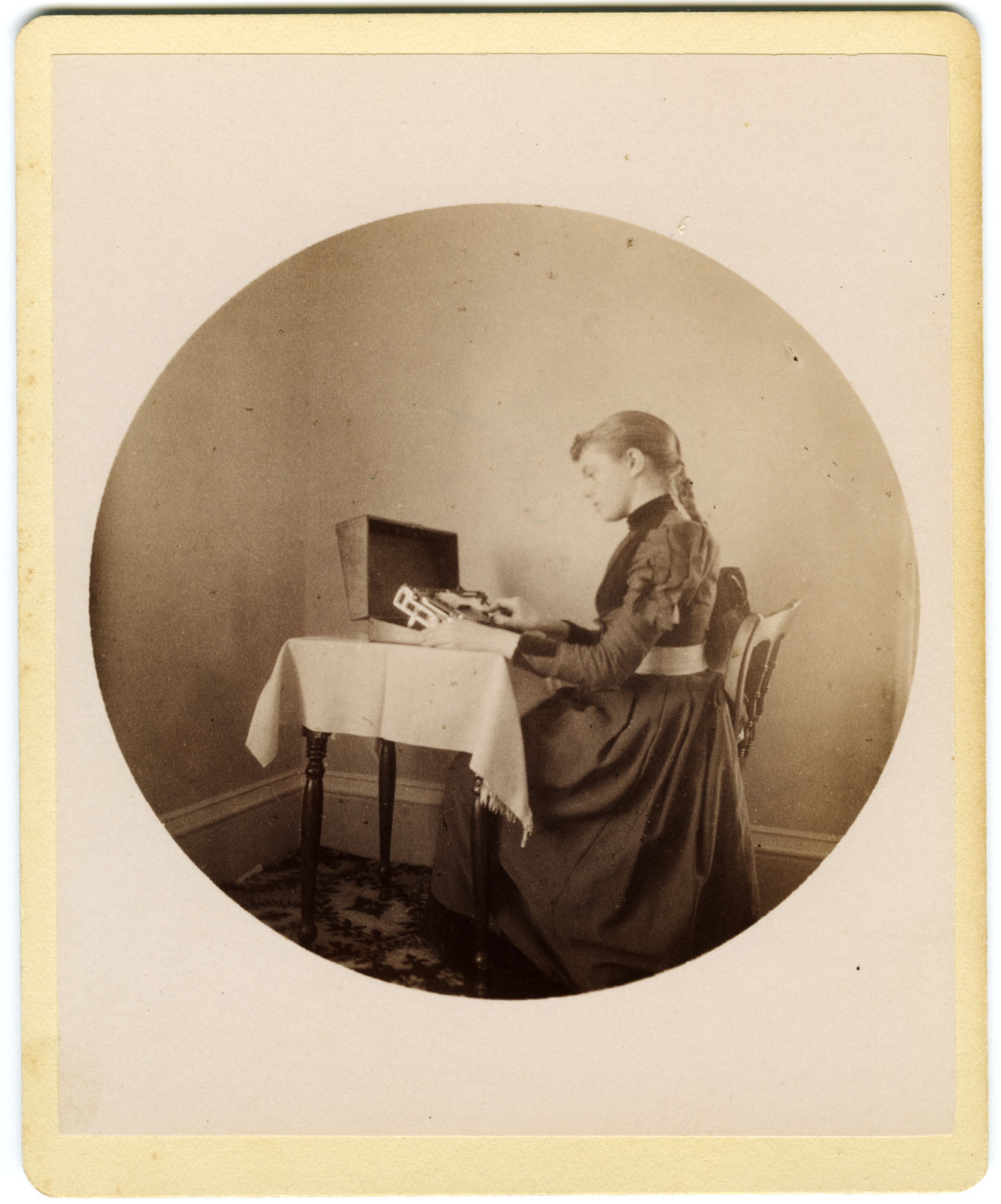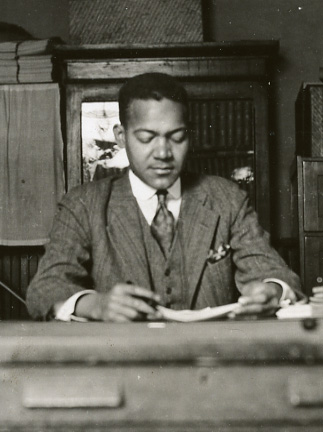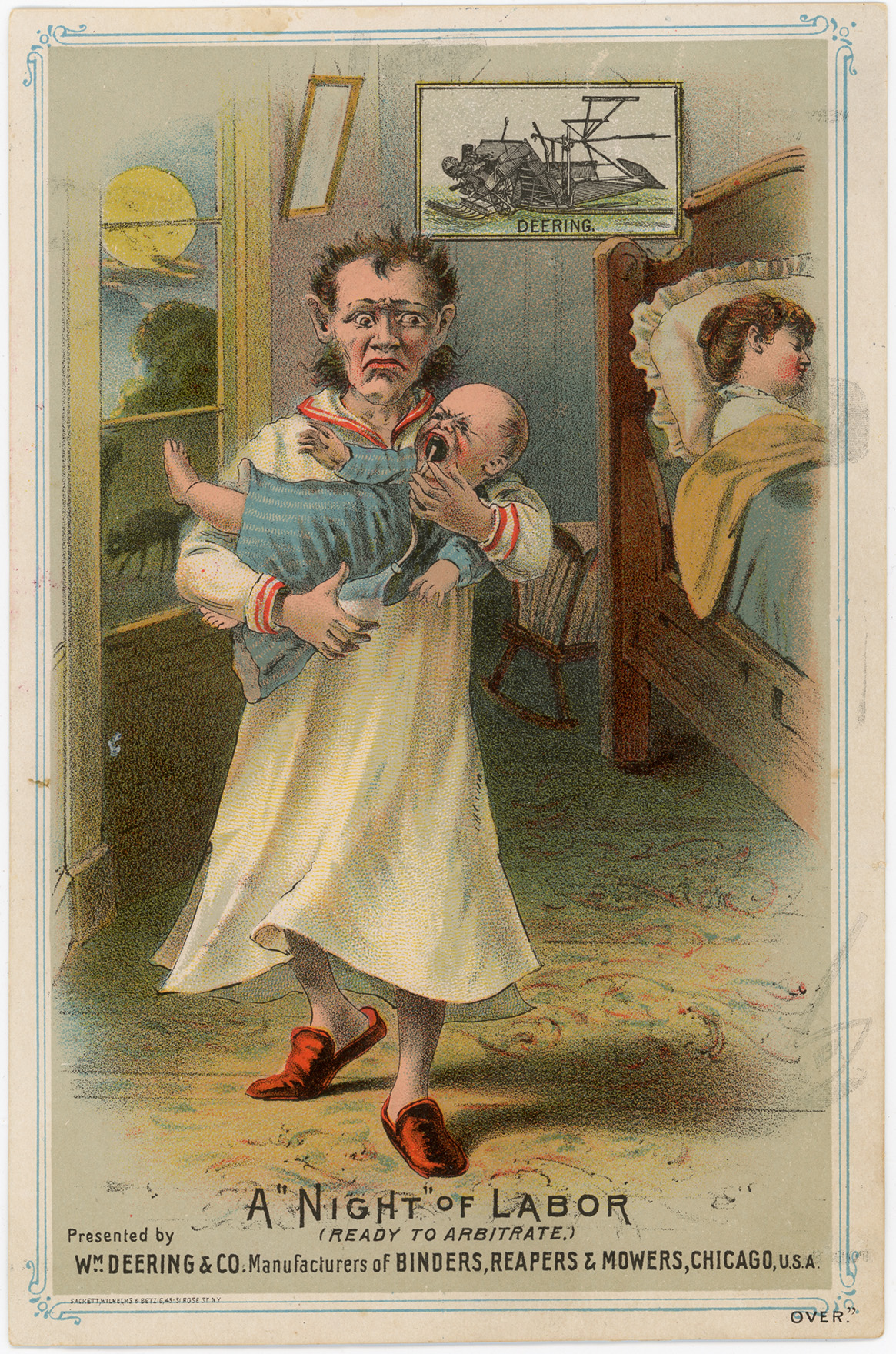Blanchard-Means Family Elm Hill Farm Collection

Temporarily stored offsite; contact SCUA to request materials from this collection.
The seat of seven generations of the Blanchard and Means families, Elm Hill Farm was established prior to 1797, when the joiner Amasa Blanchard began acquiring property in Brookfield, Mass., as he looked forward to his marriage. The success he enjoyed in farming was a spark for his family’s prosperity. Amasa’s son Albert Cheney Blanchard left Brookfield in the 1830s to pursue commercial opportunities out west as a partner in the Richmond Trading Co., in Richmond, Ind., and by the time he returned home to take over operations after his father’s death in 1857, Albert had earned a fortune. In the years after the Civil War, Elm Hill grew to 1,300 acres crowned by a mansion built in 1870 that became the center of a compound of eight buildings. Each subsequent generation at Elm Hill has left its own distinctive mark. Albert’s son Charles P. Blanchard, a minister and talented amateur photographer, developed a renowned herd of Morgan horses, and Charles’ daughter Abby and her husband, the minister Oliver W. Means, added a herd of Jersey cattle that included a prize-winning bull, Xenia’s Sultan, imported in 1923, and the cow, You’ll Do Lobelia, better known as the original, real-life Elsie the Cow. Abby’s daughter-in-law, Louise Rich Means, laid acres of spectacular gardens on the estate. Following Louise’s death in 2009, Elm Hill left family ownership.
Consisting of nearly two centuries of papers that accumulated on the Elm Hill estate, the Blanchard-Means collection stretches from a handful of documents from the late eighteenth century relating to landholdings and Amasa ‘s work Blanchard as a joiner, to a blossoming of correspondence, photographs, ephemera, and realia dating from the nineteenth and twentieth centuries. Well-educated, well-traveled, and well-informed, the Blanchards and Means were prolific letter writers, and their papers provide wonderful insights into the lives of a religiously-devoted family from the New England elite. Among the highlights of the collection are the extensive records from the Richmond Trading Company and from the farm’s livestock and gardening operations (both Morgans and Jerseys) and a remarkable photographic record that document the family, the evolving landscape of Elm Hill, and the town of Brookfield, as well as hundreds of images from C.P. Blanchard’s world tours in the 1890s.



